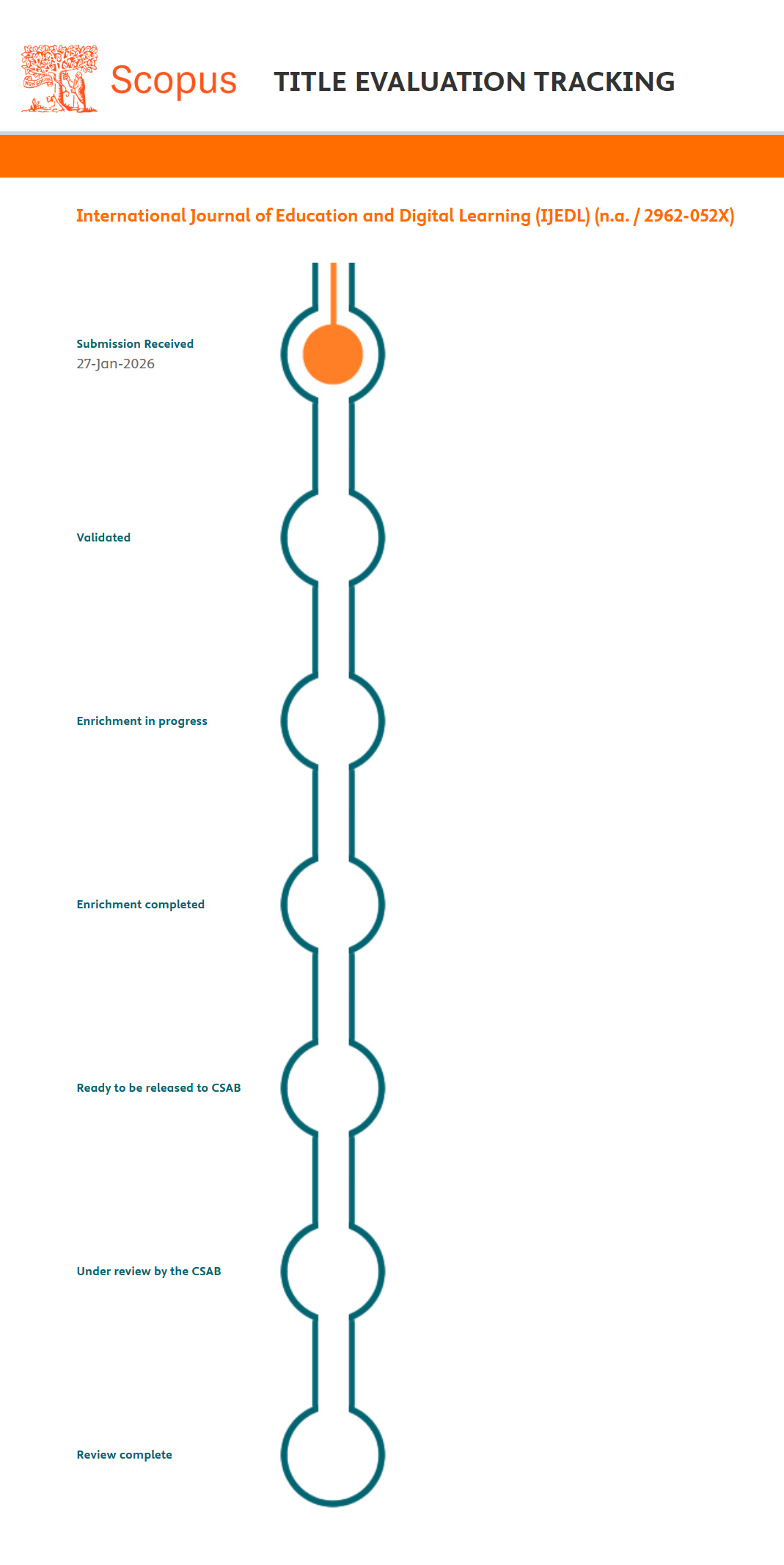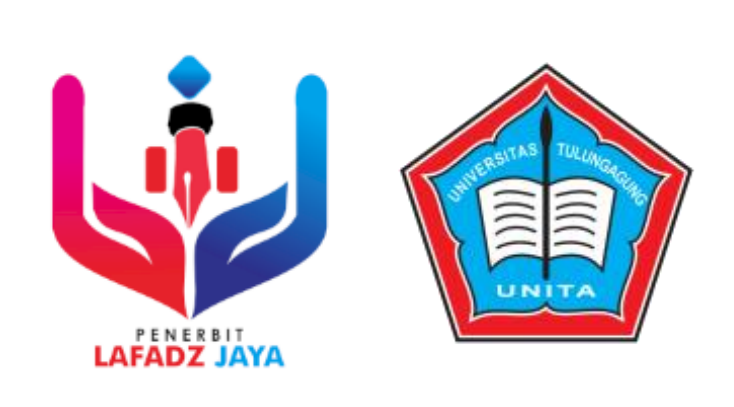Transforming Education Through Digital Learning: Embracing the New Era of Learning
DOI:
https://doi.org/10.47353/ijedl.v3i4.258Keywords:
Digital Learning, Education Transformation, E-Learning Platforms, Personalized Learning, Global Access to EducationAbstract
In recent years, digital learning has emerged as a transformative force in education, revolutionizing traditional teaching methods and enhancing the learning experience. This article explores the profound impact of digital learning on education systems globally, focusing on its potential to democratize access to knowledge, improve educational outcomes, and prepare students for the challenges of the 21st century. Through the integration of various technologies, including e-learning platforms, virtual classrooms, and mobile applications, digital learning has reshaped the educational landscape, making learning more flexible, accessible, and engaging. This paper discusses key aspects of digital learning, such as its role in personalized learning, the expansion of global learning networks, and its ability to bridge gaps in education accessibility. Additionally, the article highlights the challenges and opportunities that arise with the widespread adoption of digital learning, including issues related to digital equity, teacher preparedness, and technology infrastructure. Drawing on existing research and case studies, this paper provides insights into the ongoing evolution of digital learning and its potential to redefine the future of education.
Downloads
References
Allen, I.E., & Seaman, J. (2016). Online learning in the United States: 2016. Babson Survey Research Group.
Allen, I.E., & Seaman, J. (2017). Digital learning in K-12 schools: 2017 survey. Babson Survey Research Group.
Anderson, T., & Dron, J. (2011). Three generations of distance education pedagogy. The International Review of Research in Open and Distributed Learning, 12(3), 80-97.
Barker, P. (2014). Blended learning: A report on the implementation of blended learning in higher education institutions. Higher Education Research & Development, 33(1), 9-14. https://doi.org/10.1080/07294360.2013.850596
Bain, K. (2004). What the best college teachers do. Harvard University Press.
Bayne, S., & Ross, J. (2007). The role of technology in higher education: A critical approach. Studies in Higher Education, 32(2), 145-160.
Cavanaugh, C., et al. (2004). The effectiveness of online learning: A review of the literature. International Review of Research in Open and Distributed Learning, 5(2), 1-14.
Clarke, A., & Dede, C. (2010). Transforming education through digital learning. Journal of Educational Technology & Society, 13(4), 4-12.
Christensen, C.M., Horn, M.B., & Staker, H. (2013). Disrupting class: How disruptive innovation will change the way the world learns. McGraw-Hill.
Cummings, L., & Lippincott, J. (2017). Innovations in online education: Changing how we learn. Education Policy Analysis Archives, 25(69).
Davenport, T.H., & Kirby, J. (2016). Artificial intelligence for the real world. Harvard Business Review.
Dede, C. (2006). Online teacher professional development: Emerging models of learning. Yearbook of the National Society for the Study of Education, 105(2), 107-125.
Downes, S. (2007). Learning networks and connective knowledge. International Journal of Instructional Technology and Distance Learning, 4(5), 9-20.
Fredricks, J.A., Blumenfeld, P.C., & Paris, A.H. (2004). School engagement: Potential of the concept, state of the evidence. Review of Educational Research, 74(1), 59-109.
Garrison, D.R., Anderson, T., & Archer, W. (2000). Critical thinking, cognitive presence, and computer conferencing in distance education. The American Journal of Distance Education, 15(1), 7-23.
Garrison, D.R., & Kanuka, H. (2004). Blended learning: Uncovering its transformative potential in higher education. The Internet and Higher Education, 7(2), 95-105. https://doi.org/10.1016/j.iheduc.2004.02.001
Graesser, A.C., & McNamara, D.S. (2005). The role of intelligent tutoring systems in education. International Journal of Artificial Intelligence in Education, 15(1), 1-19.
Kearsley, G., & Shneiderman, B. (1999). Engagement theory: A framework for technology-based teaching and learning. Educational Technology Research and Development, 47(2), 1-12.
Martin, F., & Parker, M. (2014). Use of asynchronous and synchronous communication tools in online learning. Educational Media International, 51(3), 212-221.
McLuhan, M. (1964). Understanding Media: The Extensions of Man. MIT Press.
Means, B., Toyama, Y., Murphy, R., Bakia, M., & Jones, K. (2013). Evaluation of evidence-based practices in online learning: A meta-analysis and review of online learning studies. U.S. Department of Education.
Pappano, L. (2012). The year of the MOOC. The New York Times.
Reeves, T.C. (2006). Design research from a technology perspective. Educational Technology Research and Development, 54(2), 43-60.
Reimers, F. (2020). Education in the digital age: Challenges and opportunities. Journal of Educational Technology, 32(4), 345-360. https://doi.org/10.1080/07356331.2020.1847327
Rose, D.H., & Meyer, A. (2002). Teaching every student in the digital age: Universal design for learning. ASCD.
Siemens, G. (2005). Connectivism: A learning theory for the digital age. International Journal of Instructional Technology and Distance Learning, 2(1), 3-10.
Spector, J.M., et al. (2016). Handbook of Research on Educational Communications and Technology (4th ed.). Springer.
Tondeur, J., et al. (2017). The influence of school leaders on teachers’ technology integration. Journal of Educational Computing Research, 55(4), 453-475. https://doi.org/10.1177/0735633116669467
Van der Merwe, A., & Zinn, L. (2017). A framework for digital learning in a South African context. South African Journal of Higher Education, 31(5), 115-130.
Warschauer, M. (2004). The integration of information and communication technologies into education: A curriculum-based approach. The Journal of Educational Computing Research, 31(4), 343-358.
Zawacki-Richter, O., et al. (2009). Systematic review of research on online teaching and learning. International Review of Research in Open and Distributed Learning, 10(1), 1-23.
Downloads
Published
How to Cite
Issue
Section
License
Copyright (c) 2025 Yousif Mahmadov

This work is licensed under a Creative Commons Attribution-ShareAlike 4.0 International License.












